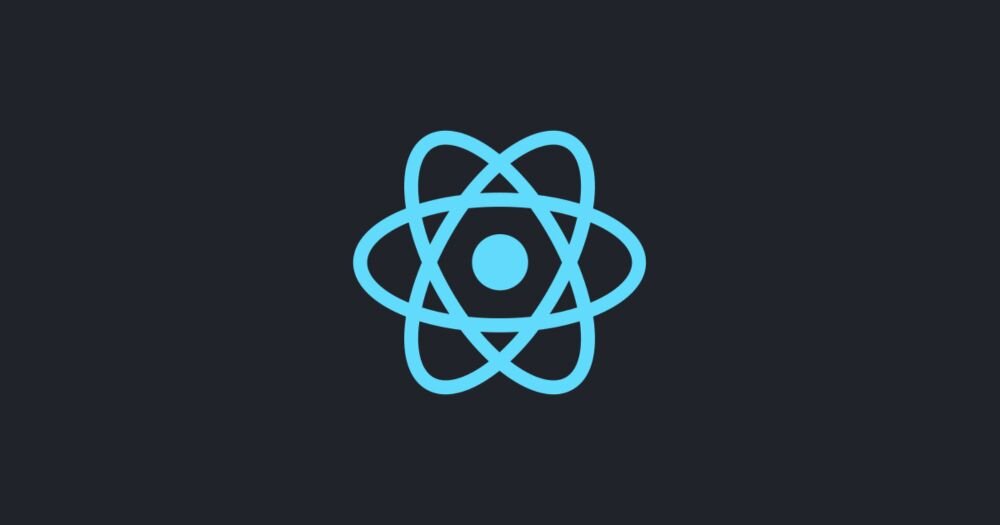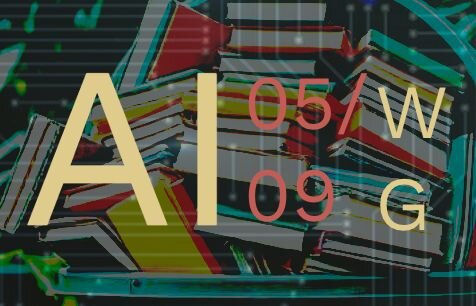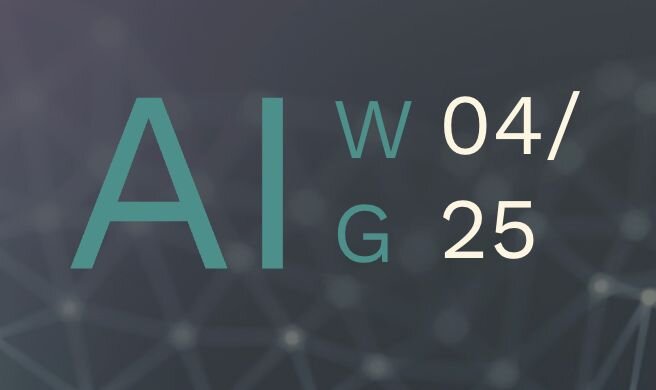
React Native 0.79 is here, and it delivers significant quality-of-life improvements for developers—including faster builds, a smoother startup experience on Android, and more modern module management across both iOS and Android.
What’s New:
- Metro 0.82 Improvements: Startup is over 3x faster in large projects thanks to deferred hashing. Support for exports and imports in package.json is now stable, making modern npm setups work out-of-the-box.
- Android App Startup: JS bundles are now uncompressed by default, reducing app startup time. Discord saw a 12% speed boost with this change alone.
- Swift-Compatible iOS Modules: Native modules can now be registered directly via package.json, streamlining integration with Swift apps and unifying module registration across platforms.
- Modernized JS API: Internal modules are moving to ES Module syntax, and deep imports will soon be deprecated. Defaulting to import from 'react-native' is now recommended.
- Remote JS Debugging Removed: The legacy Chrome-based debugger is now officially gone. React Native DevTools and Expo DevTools are the new go-tos.
React Native 0.79 boosts app development with enhanced performance, compatibility, and modern practices for faster and future-proof results.
Vite DevTools: Enhanced Debugging for Vite Projects
In early April, VoidZero and NuxtLabs teamed up to launch Vite DevTools, a powerful new debugging and optimization toolkit for Vite-based applications. Led by Anthony Fu—creator of Nuxt DevTools and vite-plugin-inspect—this framework-agnostic initiative extends its utility well beyond the Nuxt ecosystem.
The project aims to provide enhanced visibility into Vite's plugin pipeline, comprehensive bundle analysis (with tree-shaking insights and barrel file detection), and better understanding of Vite's environment configurations. Developers will also benefit from performance recommendations and time-based bundle reporting, available throughout both development and build stages.
This tool streamlines the development process with Vite, enabling teams to identify inefficiencies early and deliver faster, more optimized applications.
TypeSpec 1.0-Release Candidate: A New Era for API Design?
Last month Microsoft dropped TypeSpec 1.0 Release Candidate, a tool that aims to speed up API development by describing API contracts in a concise, human readable format. This single source of truth can then be converted into specs such as OpenAPI, JSON or ProtoBuffs, to create server-side code skeletons, as well as generate client side libraries for full type safety.
Early adopters like the London Stock Exchange and Microsoft Learn are already using it to speed up development and tighten up reviews.
When building APIs across multiple platforms, this could be a great tool to use. TypeSpec has release notes on how to get started, including a sandbox to view more complex examples.
Chrome DevTools Gets Smarter: Calibrated CPU Throttling for Real-World Performance Debugging
Chrome 134 introduces smarter performance debugging with CPU throttling calibration, generating device-specific presets to better simulate real-world mobile hardware performance.
- Calibrated Throttling Presets: DevTools offers "low-tier" and "mid-tier" CPU presets based on your machine's benchmark, removing guesswork from performance emulation.
- More Accurate Debugging: Calibrated settings align closely with actual performance on mid-range mobile devices, improving trust in local testing results.
- Performance Panel Insights: DevTools alerts you if local metrics diverge from real-user data (via CrUX) and suggests better emulation settings automatically.
- Visual Trace Context: The trace selection dropdown displays emulation and throttling settings for each capture, easing comparison and diagnosis of regressions.
These updates bring DevTools closer to real-world conditions, empowering developers to debug performance issues with greater confidence and less trial-and-error.
Google Launches Agent Development Kit for Multi-Agent AI Systems
At Google Cloud Next 2025, Google announced the Agent Development Kit (ADK), an open-source framework for building modular, multi-agent AI applications in Python. ADK supports the full agent lifecycle—development, orchestration, debugging, evaluation, and deployment—making it easier to create scalable, production-grade agentic systems.
Out of the box, ADK supports hierarchical agent composition, built-in tools like code execution and search, and integrations with popular libraries like LangChain and LlamaIndex. It’s compatible with both Google’s Gemini models via Vertex AI and third-party models via LiteLLM. Developers can inspect step-by-step execution via a CLI or Web UI and deploy agents easily with Docker, Kubernetes, or Google’s Agent Engine. Already powering products like Agentspace, ADK offers a solid foundation for teams exploring real-world multi-agent apps.
Native <select> Customization Comes to Chrome
Starting in Chrome 135, developers can finally style native <select> elements with appearance: base-select, offering full customization while preserving accessibility and compatibility. This long-awaited feature supports rich HTML content in <option> tags (like SVGs and avatars) and gives designers control over dropdown positioning, animation, and styling without relying on custom components.
If stuck choosing between native functionality and visual design, this update bridges that gap—no more compromises on form or function.
Styled Components Enters Maintenance Mode
Styled-components, the library for React that enables the writing of CSS directly within JavaScript, is entering maintenance mode. This is due to shifts in the React ecosystem and declining usage. While it will continue to receive bug fixes and minor improvements, it's not recommended for new projects. Existing users can expect stability, but donations are no longer being accepted.

Stay ahead of the curve with Econify's newsletter, "The Loop." Designed to keep employees, clients, and our valued external audience up to date with the latest developments in software news and innovation, this newsletter is your go-to source for all things cutting-edge in the tech industry.
Missed an issue? Explore The Loop's archive here.
The Loop is written and edited by Victoria LeBel, Alex Kondratiuk, Alex Levine, and Christian Clarke.
Latest Tech Updates in Your Industry
Designed to keep employees, clients, and our valued external audience up to date with the latest developments in software news and innovation. It is your go-to source for all things cutting-edge in the tech industry.
Related Updates


























Contact Us

New York, NY 10003



New York, NY 10003, U.S.A.
London, EC4A 3TW,



